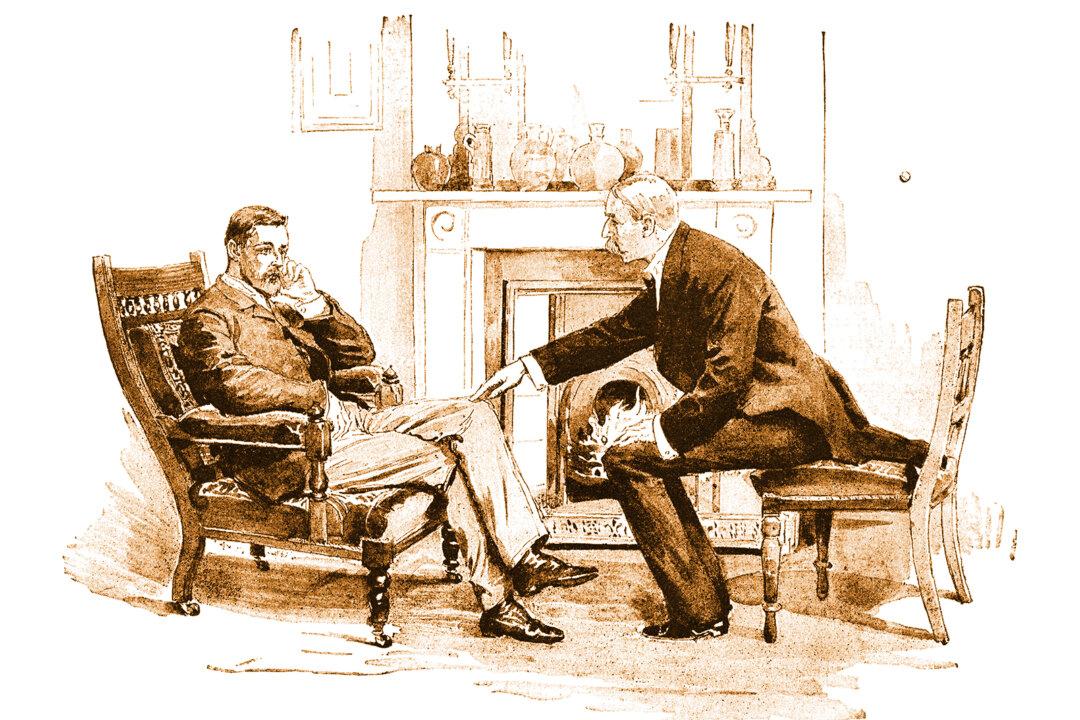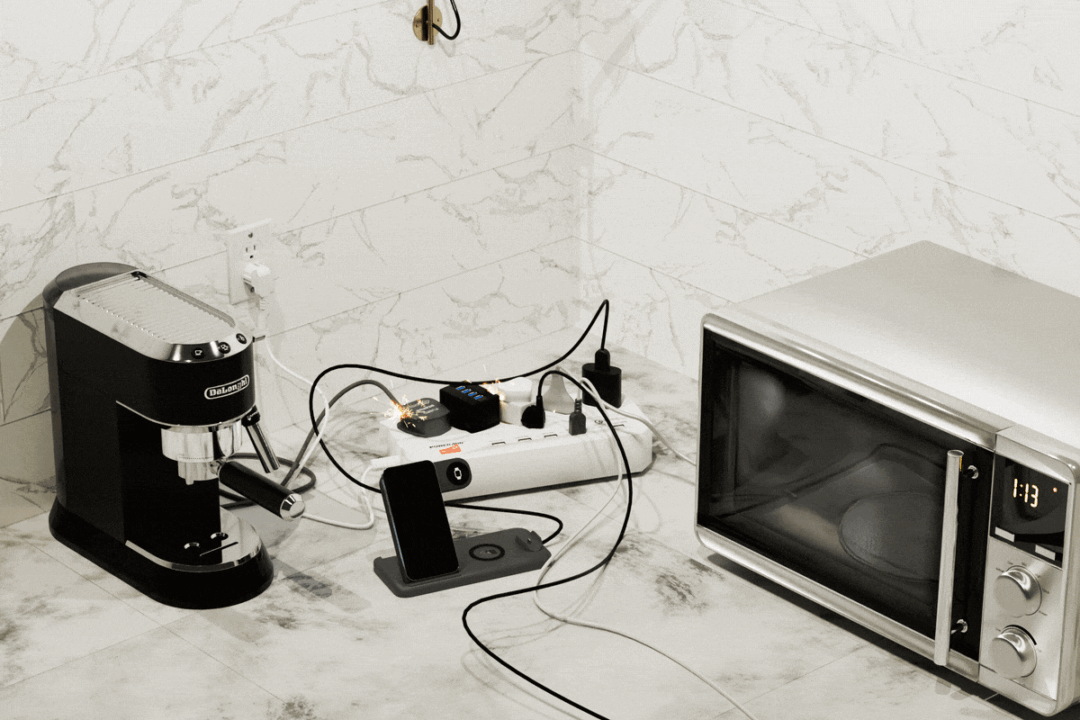What we say, when done right, is what marks us as great communicators. These tips will grant you Churchill-worthy skills.
Show Appreciation
All too often, the phrase “thank you” is overused and misused. If you are being thanked for something, the proper response isn’t repeating “thank you,” but instead offering some variation of “you’re welcome.” Maintaining eye contact with the person thanking you and smiling at them will add authenticity to your display of gratitude. It’s a simple thing that can make someone’s day brighter.Be Meaningful and Polite
The simple act of adding “please” to virtually any request transforms it from impersonal to pleasant. While there are some instances when adding “please” isn’t required, such as “the ship is sinking; get in a lifeboat,” for most other scenarios, tack it on. This applies to business discussions as well as fleeting interactions with those we encounter out in the world. Leave a trail of smiles.Take Your Turn
A lively, fun conversation is sure to create opportunities to share your thoughts and experiences, but first, allow the person speaking to complete their thought. Holding up a finger to indicate that you want to say something can be distracting and comes across as rude, so make a mental note of what you want to say, or if you must, jot it down, and then get back to actively listening to the speaker.No Fillers Added
Almost everyone will at some time find themselves at a loss for words. When this happens, rather than inserting fillers such as “you know” or “ummm,” consider “Hmm, I need to collect my thoughts,” or simply “I’ve lost my train of thought; let me get back to you on that.”It’s perfectly acceptable to simply pause for a moment while you find the right word, rather than use verbal fillers.






